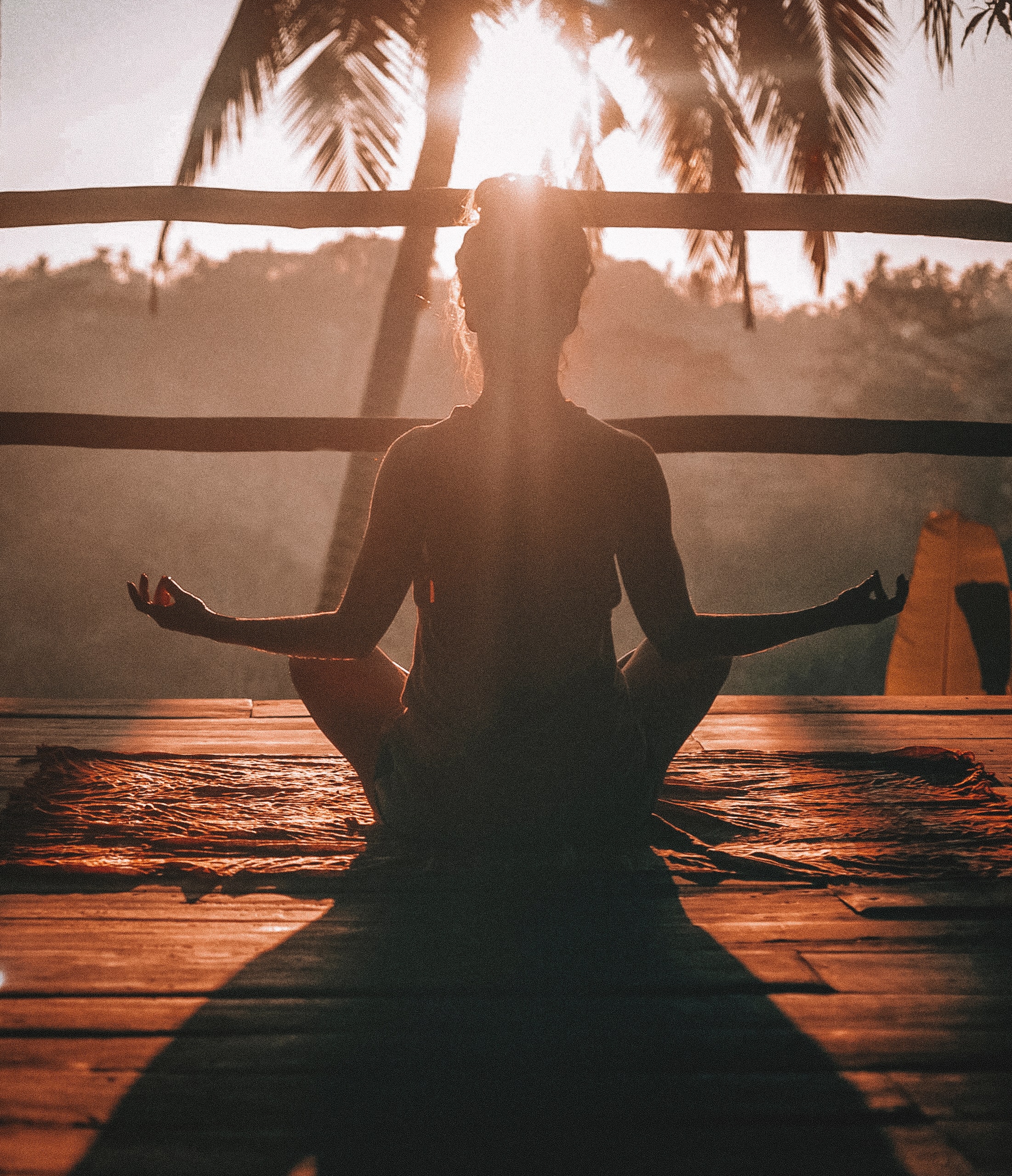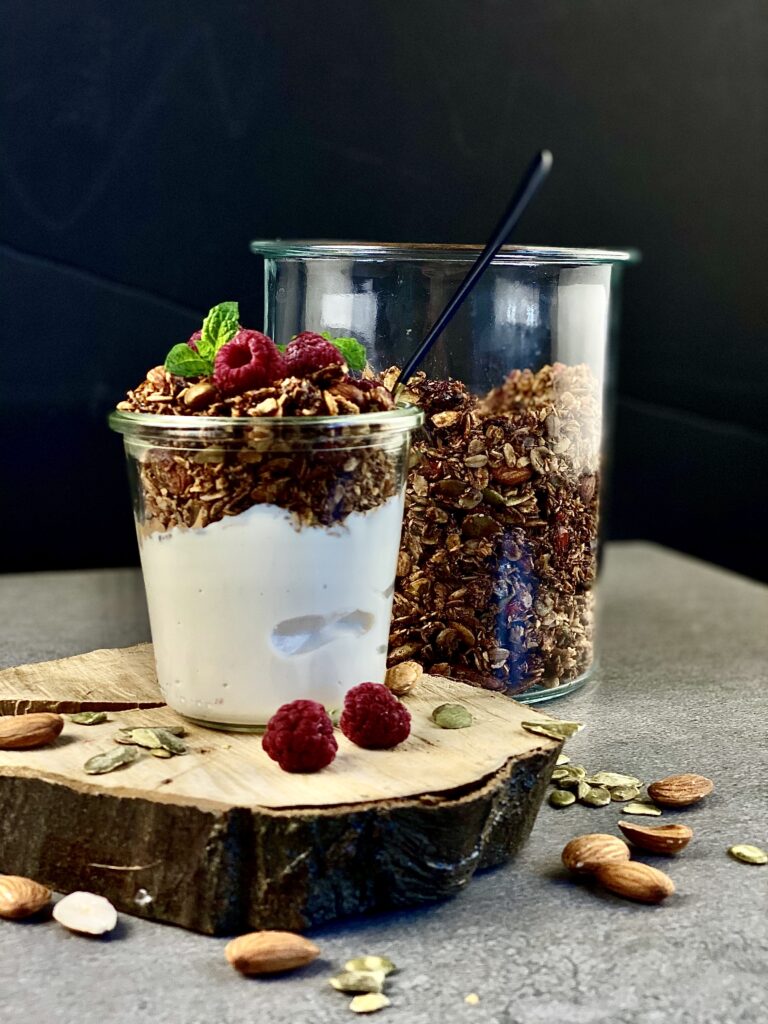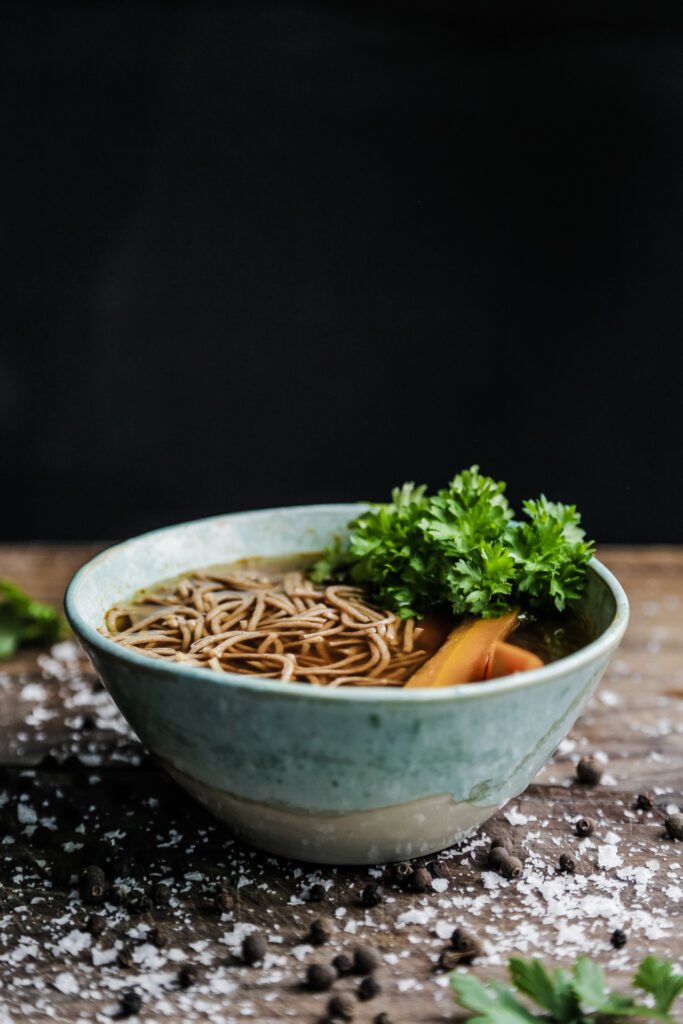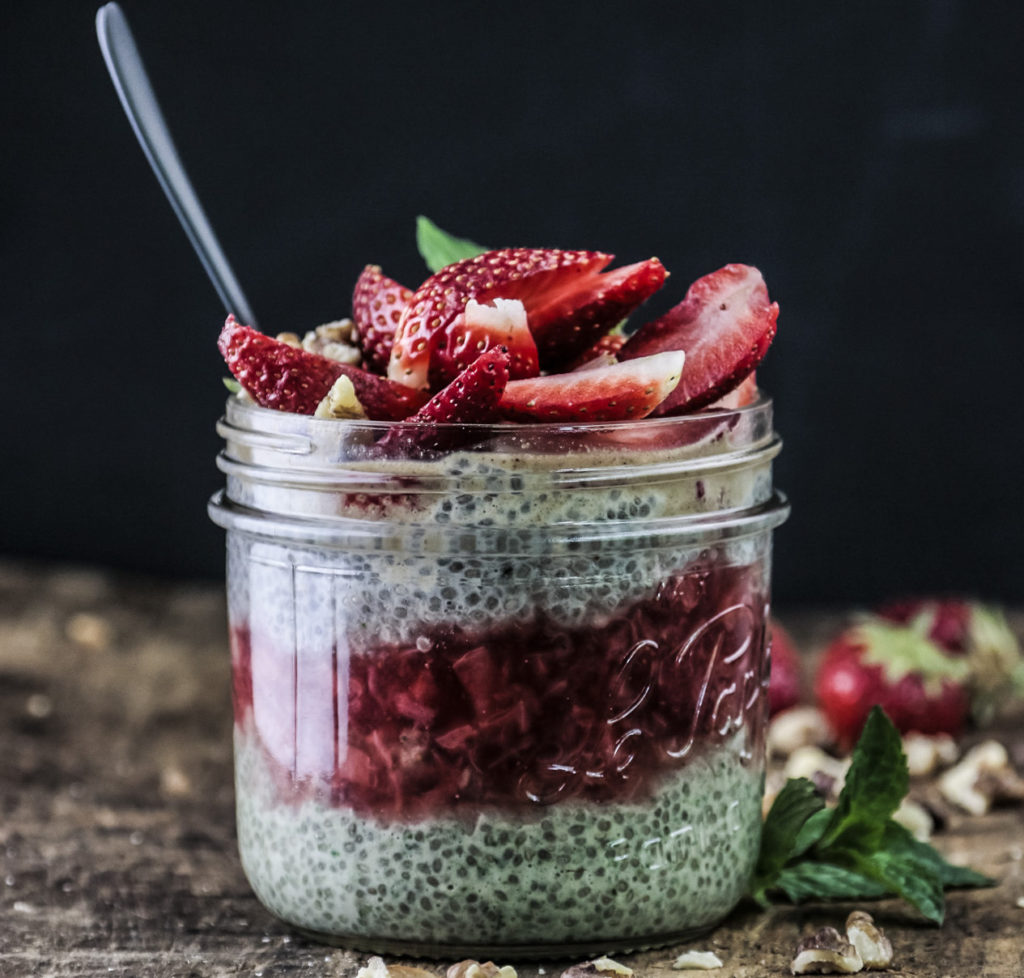Anti-stress diet
Part IV of the #immunitychallenge
I want to take you through a very important theme today. Fasten your seatbelt and lets get started! Did you know that stress is one of the main enemies of our immunity? It can either mobilize our organism to fight on a very short scale of time its long term for works like a ticking bomb with a delayed ignition.
#DIETARY FACTS
Our systems are all connected and a disfunction of one causes negative influence over the other. The best possible state to achieve is homeostasis which a general state of internal balance. For obvious reasons it is not always possible to reach it. Our task is to learn how to deal with such situations, as it is not possible to completely avoid those. When a nervous tension lasts longer than a day our system starts to produce a high level of stress hormone. It uses a lot of energy for that purpose and since it doesn’t have unlimited supplies it influences other spheres and systems of our body. Throughout the process of evolution our body worked out an entire network of defence mechanisms adjusted to such situations. For instances when nervous usually our stomach clenches and it cuts of the potential hunger feeling not to waste energy for digestion but to mobilize all powers for attack or run away from potential danger. This is our survival instinct that we managed to work out throughout the 4 mln years of human evolution.
What happens in our organism as an outcome of reaction to stress? The stress hormones are released to our blood circulation. This causes a stronger heart contraction, rise of the blood pressure rises and oxygen transport to our muscles and brain. Over a short period of time the cycle of reactions leads up to dealing with the initial cause of the nervous tension.
When exposed to long term stress our organism gets exhausted and this impacts negatively the production and functioning of lymphocytes (we can get infected more easily). It needs to be acknowledged that most often infections or other outcomes of stress get us long after the stress causing factor passes. We do not connect one with another. If we did we could learn from the experience and next time use a technique to manage stress.
Very important issue that we need to remember is the impact of stress on the level of glucose in our blood! When nervous our liver releases glycogen which when enters blood system turns into glucose. This in return causes pancreas to release more insulin. Over a longer period of time this can lead up to even diabetes. So now you know that one of the most common reactions to stress other than a clenched up stomach is a bigger appetite for sugar.
What should be remembered while under stress influence or what to east, what to avoid when we are tense?
- Regular sleep is the key! Try to get about 6-9 hours of sleep per day.
- When exposed to stress the absorption of vitamins and minerals from our intestines decreases and lowers the level of antioxidants in our organism. When you hale doubts you can take a look back at our day one of #immunitychallenge and remind yourself where to get most of these elements.
- Remember about magnesium! It slows down production of stress hormones. Eat cocoa, bitter chocolate, nuts, beans and wholewheat produce.
- During herbs and teas which naturally soothe states of tension.
- Prepare same healthy snacks for cisis situations.
- If on a plant based diet remember to suplement Vitamin B12 and D. Consult your doctor or dietician.
#TASK OF THE DAY
- Find a moment for yourself in the morning (even 10 mins) for physical activity. Surveys show that regular activity (3 times a week for 30 mins) decreases tension. Could be stretching, power walk, jogging. Concentrate and your day will start positively.
- Avoid or eliminate the following during the day: fizzy drinks, saturated fats, eat products which are as little processed as possible.
- Live yourself a little home spa treatment: hot bath, herbat infusion, good book or relaxing music.
Bear in mind that our recommendations are for delicate states of nervous tension caused by a job interview for instance. In any other more serious situations a specialist should be consulted. Sometimes meditation, jogging or herbs are not enough and there is nothing wrong with that.
Remember to motivate yourself every day. Also try to provide yourself with the sufficient amount of sleep. Your organism needs your attention so try to go to bed earlier, without your phone, tablet or laptop. Quality of sleep is very important. Good luck and keeps us posted on your progress.




